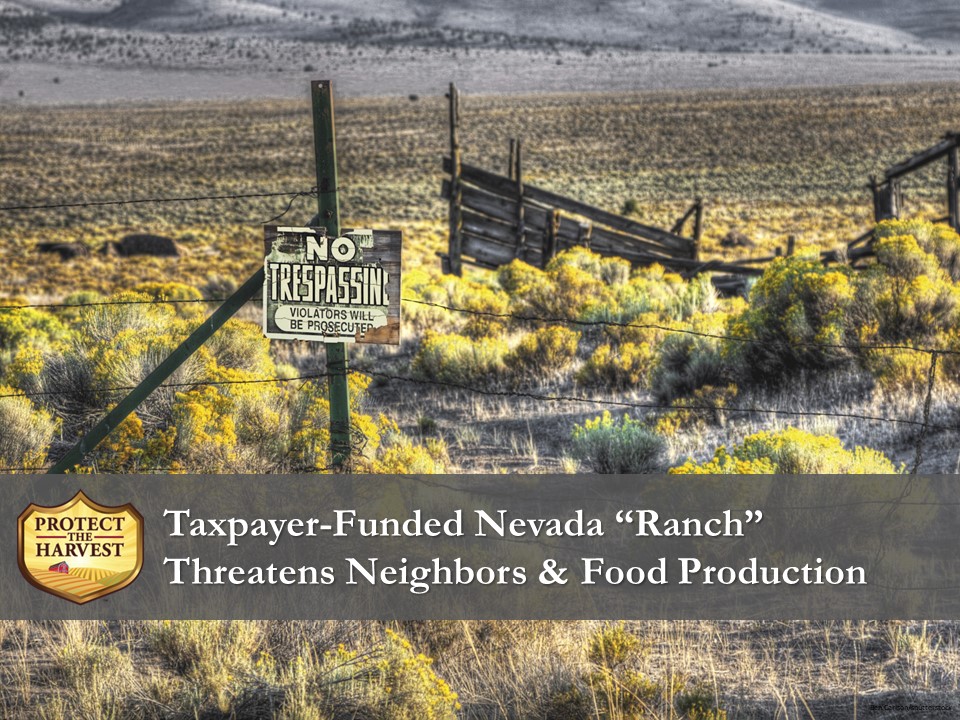Approximately 175 million people, or one half of America’s population, visit a zoo or aquarium each year. Their importance cannot be understated – zoos are ingrained in America’s fabric. Parents take the opportunity to teach their children about each animal and its origins. It is a place for families and friends to relax and enjoy nature and animals. Kangaroos, tigers, monkeys, and many other memorable animals fill our heads as we think back to our childhoods. Zoos and the animal entertainment industry fulfill that yearning we have for exotic animals we wouldn’t otherwise experience in our everyday lives. Traditions seem to matter very little to animal rights extremists, who employ propaganda techniques against zoos, in spite of those citizens whose childhoods created an appreciation for these animals. The radical agenda is not limited to the destruction of just the agriculture and sportsmen industries. All animal owners, animal entertainers and those who enjoy animals are in the crosshairs of recent activist attacks. Zoos are effectively used for research, education, and conservation every day. They are safe havens for both animals and observers that deliver a unique opportunities for us to learn about these creatures. They provide people with a link to nature and give them a chance to marvel at wildlife they would otherwise never get to see. Some, however, do not share that enthusiasm. In Seattle, Washington, the Elephant Justice Project (EJP) has filed a lawsuit against Woodland Park Zoo and the City of Seattle to stop them from sending two elephants to live at the Oklahoma City Zoo. The animals were not sold and their care is still partiality the responsibility of Woodland Park; the park simply believed the animals would have a better life in OKC and are willing to pay half the cost to ship them there. Extremists’ main argument is that the OKC Zoo does not have enough space for the two new elephants and that they should be sent to a sanctuary instead. HSUS and PETA have joined in by endorsing this course of action. According to the Woodland Park Zoo CEO Deborah Jensen, the elephants will have more room in the extensive elephant exhibit in Oklahoma and can socialize with more animals because of their multigenerational herd. On top of that, the sanctuary in which the EJP are advocating is fighting an outbreak of tuberculosis that would put the 48 and 36 year old animals at risk. Zoo officials took great care in selecting the new home for these animals; their professional opinions are being ignored because they are sending them to a home labeled “zoo” instead of one labeled “sanctuary.” Like PETA’s kill shelters, some of these “sanctuaries” have a history of euthanizing the animals in their care because it is easier than caring for the animals. One elephant that was sent to a Northern California wildlife sanctuary from the Detroit Zoo was euthanized simply because it had arthritis. In a several year long struggle, PETA has been actively fighting against three zoos near Asheville, North Carolina. Cherokee Bear Zoo, Chief Saunooke Bear Park and Santa’s Land have been losing tourist business, which has had a drastic impact on the local economy, because of PETA’s negative propaganda. PETA used Bob Barker as a representative to discuss remedies with the Cherokee tribe in 2009. The result was Barker disrespecting the Native Americans and calling them “uncivilized” because of their exhibits. Since the beginning of their campaign against these zoos, one has had its license suspended by the USDA in 2013 on violations that inspectors had never previously mentioned. Another has been sued by two tribal elders, who again had not previously voiced a problem with the way the animals were treated. These more conventional interventions of animal rights groups into zoos is radical enough, as we all know, but today there is a more ignorant radical animal group progressing called the Nonhuman Rights Project (NhRP). The NhRP is fighting to “liberate” chimpanzees in the United States by arguing that they deserve the writ of habeas corpus (a designation reserved for humans) and cannot be detained without reason. These individuals wish to demolish good and safe homes for animals under an abstract concept of animal rights, disregarding animal welfare. This does no good for either humans or animals. These radicals will stop at absolutely nothing to eradicate the zoos we all grew up loving. They assume that they know what is best for all animals and view them as wild creatures that are always on the move. Their goal is to move all zoo animals to sanctuaries, that are often more unsafe for the animals than zoos, and then slowly phase those sanctuaries out. They often forget that animals only move around so much in nature because they must to survive. Zoos are not a place where animals succumb to anxiety and depression. Animals are like humans in their constant search for basic necessities. We need food to eat, shelter to stay in, and protection from things that wish to do us harm. A zoo gives these things to animals. Animals that are in the wild lead their lives much like primitive humans and are at the mercy of compulsion and necessity within a world that cares nothing about their individual needs. They must constantly defend themselves from outside forces, are at the mercy of disease, and must provide food and shelter for themselves. The smallest change in an animal’s life can upset the whole balance. They naturally need consistency and crave for things to be the repetitive. You see this in their actions, whether they are in the wild or in a zoo. Animals in a zoo do not wish for their lives to change because they have all of their natural desires provided for them. They are happy with their facilities when their needs are met. It would be immoral to tear down these homes created for them and remove them from the people that give them what they need. Zoos hold a special place in the heart of Americans. The research, conservation and observation they provide are unmatched by any other circumstances of the world. Now the 50% of Americans who shared the same amazing experiences of visiting a local zoo must stand up in defense of these great places from the negative actions of animal rights extremists.

Taxpayer-Funded Nevada “Ranch” Threatens Neighbors & Food Production
It is a long-standing tenet of agricultural communities: Neighbors will either help make or break an adjacent farm or ranch.



